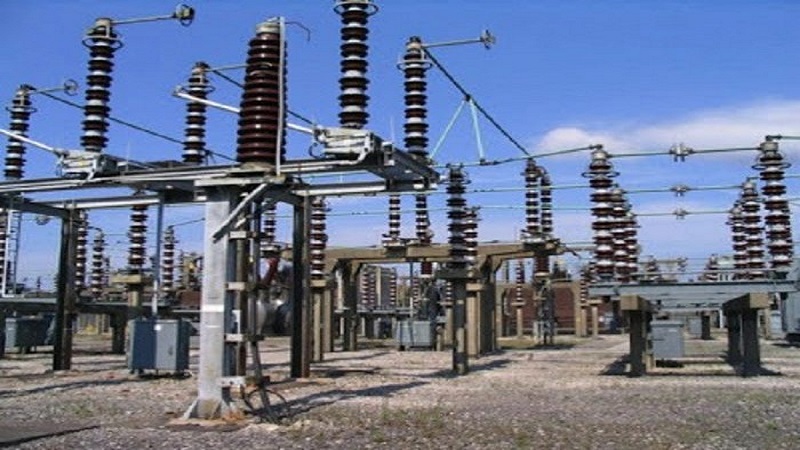
Energy
Bids sought for construction of US$127-M Malawi-Mozambique Power Interconnector
July 23, 2020 / Tawina Maluwa

The Electricity Supply Corporation of Malawi (ESCOM) and the Electricidade de Mozambique E.P (EPM) are inviting sealed bids from eligible bidders for the construction of a power interconnector from Matambo Substation in Mozambique to Phalula substation in Balaka, Malawi.
The assignment will be financed by the World Bank administered Norwegian Trust Fund, the World Bank, the European Union, and Germany Technical Cooperation through KFW.
Bidding will be conducted through international competitive procurement using a Request for Bids (RFB) as specified in the World Bank’s Procurement Regulations and is open to all eligible bidders as defined in the Procurement Regulations.
The deadline for submission of bids is September 22, 2020.
The US$127-million project entails the construction of a 218 km power interconnector, thus 142 km in Mozambique side and 76 km in Malawi side.
The project will interconnect Malawi and Mozambique’s transmission systems to enable them to engage in bilateral and regional power trade through the Southern African Power Pool (SAPP).
Mozambique expects electricity exports to Malawi to begin in 2022 and the Tete-Phombeya line will also to be used to supply electricity to towns and villages located along its route in Mozambique.
Malawi’s interest in buying electricity from Mozambique was formalised in 1998 with the signing of a memorandum of understanding in its capital city Lilongwe.
This project will fund Malawi’s first interconnection to the SAPP, which is the first and the most advanced power pool in the continent providing an alternative to domestic electricity generation to improve energy security.
The interconnector will help address Malawi’s sectoral challenges, including chronic electricity supply deficits and ensure security of supply as well as reliability and affordability of electricity through imports from Mozambique and, in the future, other SAPP members.
It also reduces the potential for a power crisis based on droughts affecting the Shire River which produces up to 99% of Malawi’s electricity and addresses the need for back-up in the form of diversified external sources of power.































